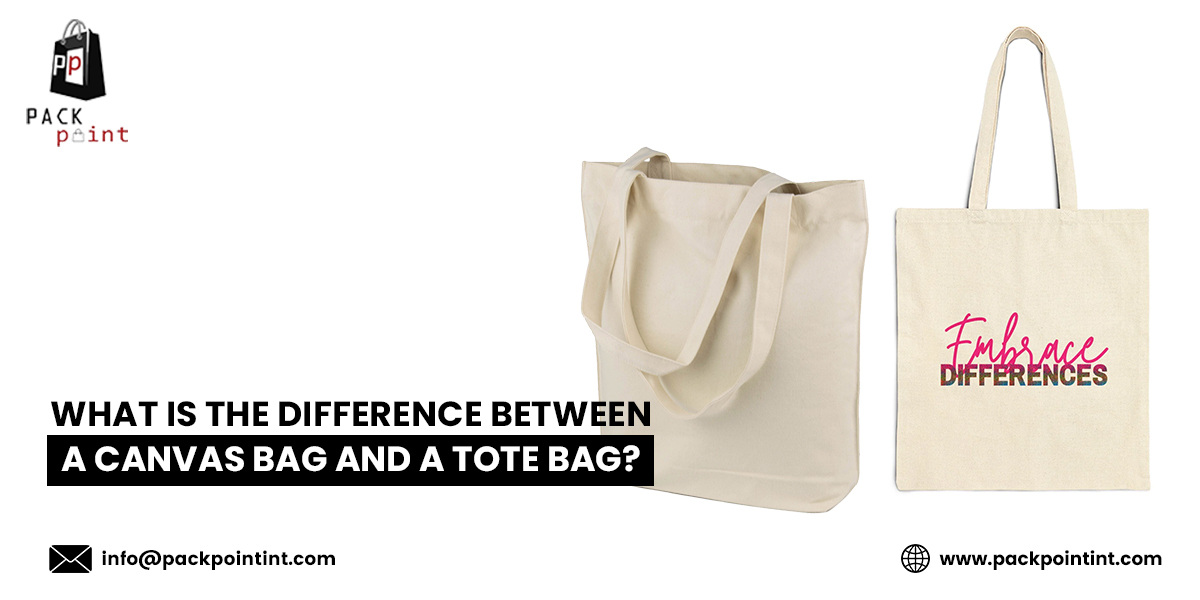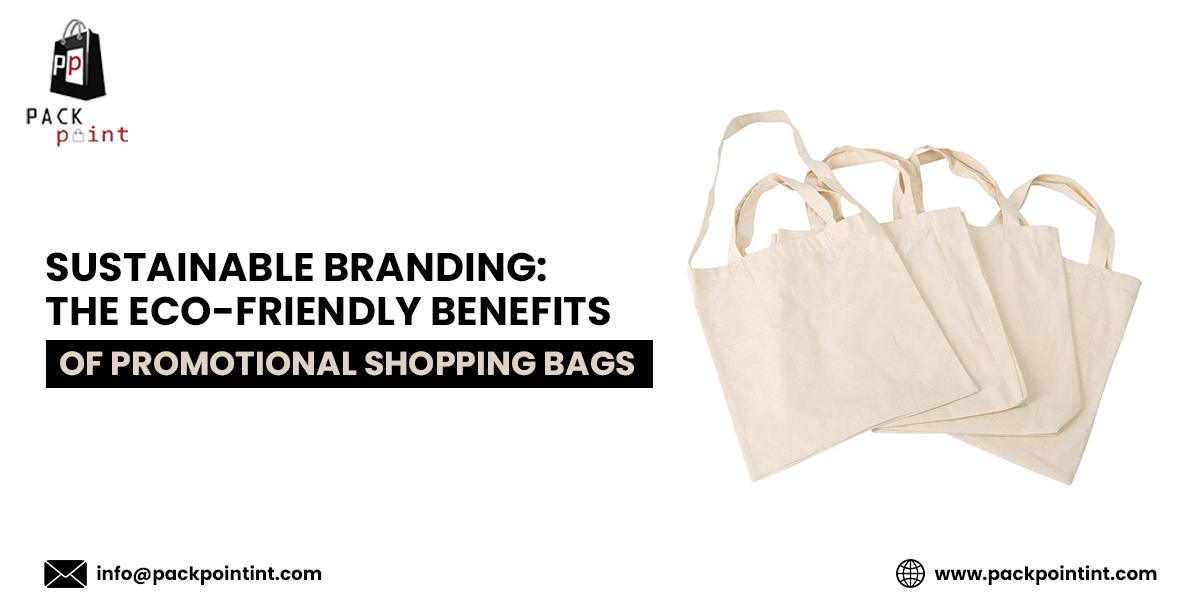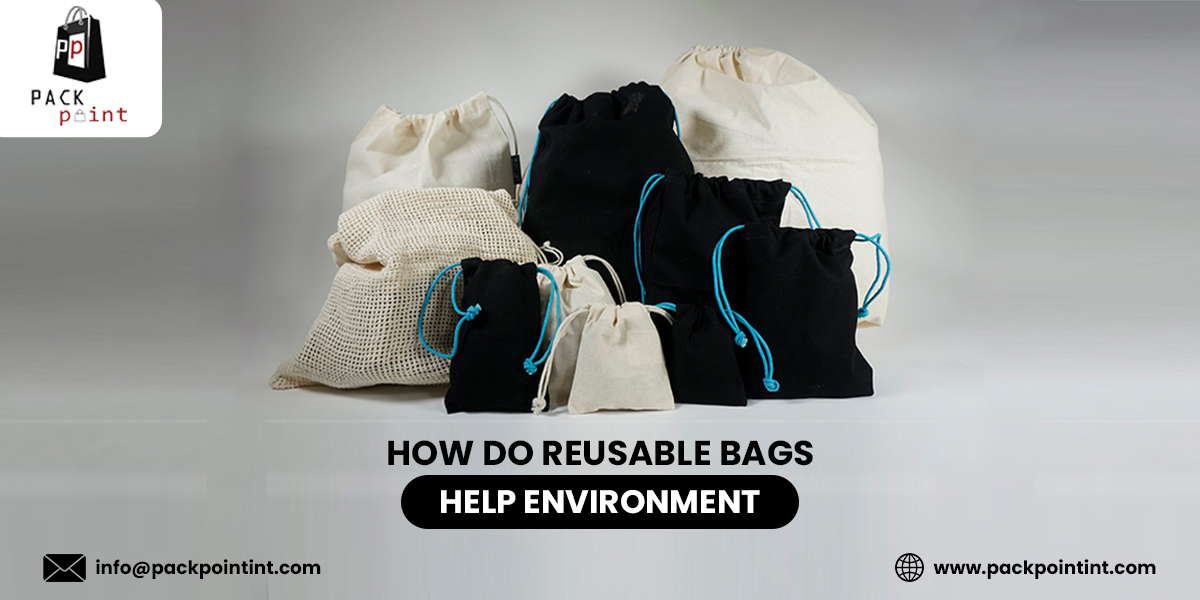At first glance, both bags may look alike and serve as reusable carry-alls. However, their main difference lies in construction and purpose. A tote bag is a style known for its two handles, open top, and roomy interior. The tote bag’s meaning is simply “a large open-topped bag” used for carrying goods.
In this blog, we will explain how a canvas bag differs from a tote bag, focusing on their materials, design, and everyday uses.
Tote Bag Materials: Beyond Canvas
When discussing tote bag materials, a few common fabrics emerge: canvas, cotton, polyester, jute, and blends. Canvas is thicker and more rigid, woven from heavier threads. Cotton material in a tote bag is more lightweight, comfortable, and adaptable, making it perfect for carrying lighter items and running daily errands. Synthetic fabrics like polyester may lend water-resistance, while jute offers a rustic aesthetic. The fabric choice affects how well the tote holds shape, how durable it is, and how comfortable it feels when carried.
Because canvas uses thicker thread and denser weave, it can support heavier loads and resist wear in ways lighter materials cannot. On the flip side, a cotton tote is easily foldable and nicer for gentler use or decorative prints.
Construction and Design Differences
A canvas tote bag often has reinforcement at seams, double stitching, and a base board to help it stand upright. These construction choices make it robust. Canvas’s strength-to-weight ratio is an advantage: you get durability without excessively heavy weight. In contrast, a simple tote made of lighter cotton might rely on a single lining and less reinforcement.
Some canvas bags include zippers, interior pockets, or gusseted bottoms that transform them into more structured carry-alls. As the tote bag fashion trend continues, designers add leather accents or minimal hardware to canvas to give a stylish edge without losing utility. A basic cotton tote frequently remains flat and unstructured, which gives easy foldability but less support for heavier items.

How Canvas Totes Stand Out from Regular Totes?
One of the key differences emerges in everyday performance. Canvas tolerates heavier weights, rougher handling, and repeated use. It holds form. A cotton tote, under stress, may stretch, sag, or distort. The advantages of canvas tote bags include greater durability, longer lifespan, capacity for heavier loads, and better resistance to abrasion. Cotton totes, meanwhile, offer the advantages of low weight and ease of printing or customization. Sometimes cotton totes are cheaper to manufacture, making them more suitable for giveaways or lighter usage.
A canvas tote may survive daily sun, dust, and washing better. But the cotton tote’s softness and flexibility do remain appealing for casual errands or light use.
Fashion, Trend, and Sustainability
The tote bag fashion trend has expanded worldwide, with celebrities and influencers embracing oversized canvas totes for casual street style. These bags also serve as creative spaces for artwork, logos, and personalization, blending function with expression. Reusable tote bags made from canvas or cotton help reduce plastic waste and promote sustainability. Though cotton canvas bags must be reused many times to balance their footprint, their biodegradability and strength make them eco-friendly. With rising eco-awareness and e-commerce demand, durable, high-quality canvas totes continue gaining popularity.
What Are the Tote Bag Advantages and Canvas Bag Advantages?
Let’s compare what each brings as advantages:
Advantages of a Tote Bag
- The flexibility of the tote bag means you can choose any material you prefer.
- Open, roomy design means easy access and capacity for bulky items.
- It is simple and functional.
- Many totes are reusable and eco-friendly, helping reduce plastic use.
- Because you can select material, you can balance cost, look, weight, and durability.
- Totes generally have fewer parts (no zippers in many cases), which means fewer failure points.
Advantages of Canvas Bag
- Canvas offers excellent durability and strength, allowing it to carry heavy loads repeatedly.
- It also has a long lifespan, meaning it needs replacement far less often.
- Better surface for printing, embroidery, logos, etc., because of the firm fabric.
- Resistance to tearing, deformation, and sagging.
- Many canvas bags can be cleaned and spot-washed.
- It’s eco-friendly because canvas is often made of cotton or natural fiber; many canvas bags are biodegradable or at least more friendly than synthetic alternatives.

Difference Between Canvas vs. Cotton Tote Bags
| Feature | Canvas Tote Bags | Cotton Tote Bags |
| Durability | Strong and built for frequent use | Moderate strength, better for lighter loads |
| Fabric Weight | Dense and firm texture | Lightweight and soft feel |
| Environmental Impact | Long-lasting and often eco-certified | Biodegradable, but wears out faster |
| Care and Maintenance | Needs gentle washing to preserve shape | Machine washable, but prone to shrinkage |
| Look and Structure | Sturdy and well-shaped | Relaxed and easy to fold |
| Ideal Use | Heavy items like books or groceries | Daily essentials and quick errands |
Which Is Better: A Canvas Bag or a Tote Bag?
A tote bag can be made from many materials, including canvas. The real difference lies in use. For heavy loads or daily wear, a canvas tote offers greater strength and structure. For light errands, cotton or synthetic totes are easier to fold and carry. The best choice depends on durability, price, and style. With every cotton bag manufacturer producing quality fabric options, both canvas and cotton totes are widely available and affordable. Get in touch with Pack Point International today to learn more about our sustainable bag options and how we can help you make a smarter, greener choice!

























